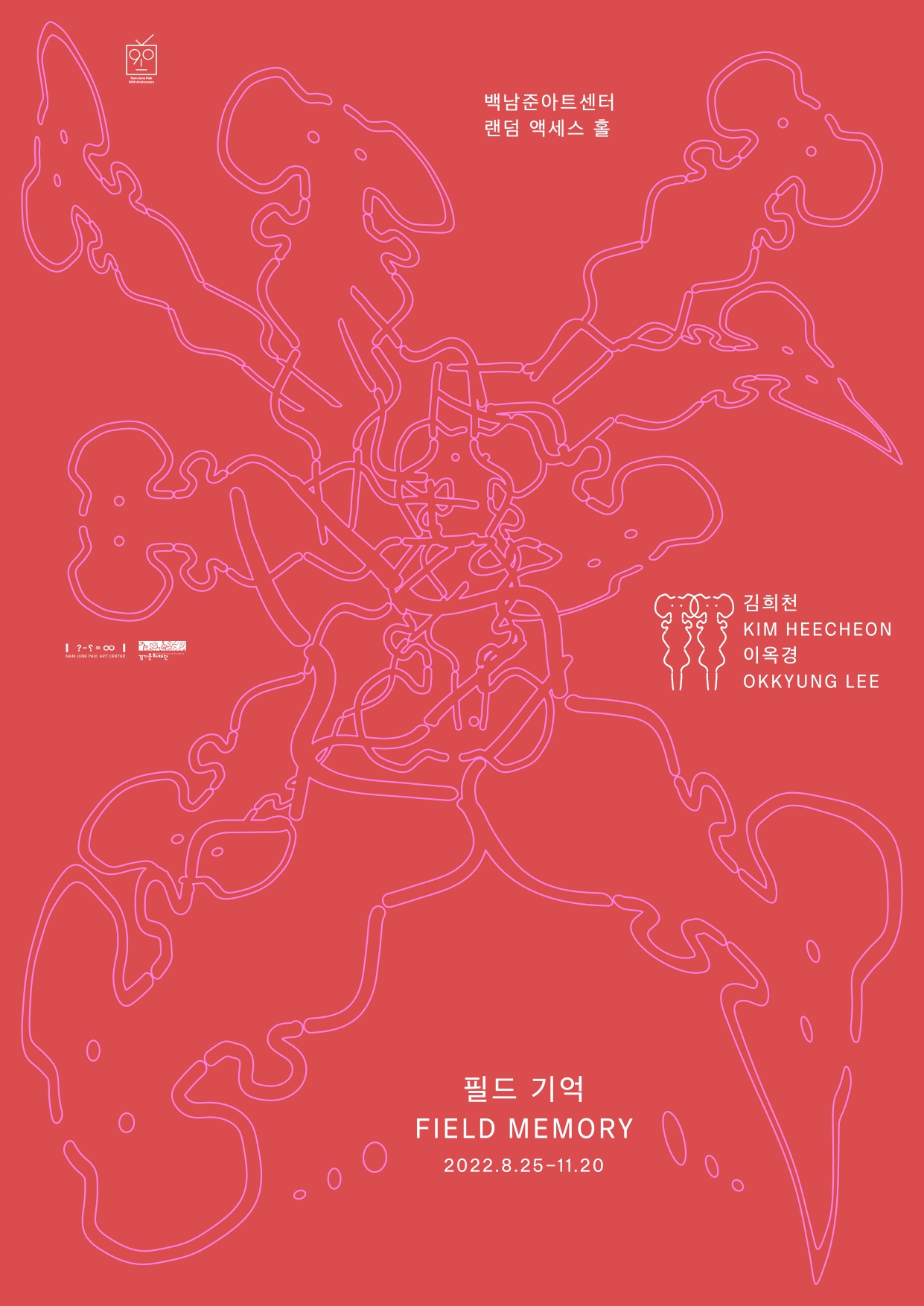Nam June Paik Art Center’s new commissioned work Field Memory
Celebrating Nam June Paik’s 90th anniversary, Nam June Paik Art Center commissioned a sound work Field Memory, created by visual artist Kim Heecheon and composer Okkyung Lee. It portrays a person who remembers only what (s)he hears with ears, not what (s)he sees with eyes.
Having a sleeping disorder, A is on medication. One day, A takes the medicine while drinking alcohol, and loses consciousness. When A wakes up, A realizes that something mysteriously wrong has occurred in A’s brain. A can still see everything
but cannot remember it; A can remember only what A hears. In order to solve this frustrating problem, A begins to carry a recorder to take sounds around. Speaking out all A sees and thinks, A shifts the center of the life from the visual to the aural.
The title “field memory” means memories subjectively constructed from the first person point of view. It recalls field recording, which collects environmental sounds for films. Field Memory does not give any visual information but instead focuses solely on sounds. Thereby it liberates the audience from what they see with eyes and helps them to perceive sounds in a new way. The sound in Field Memory is neither a story nor information. It creates distance and space, and also generates rhythm and movement. Just as Nam June Paik invited the audience to watch his videos “for more than 30 minutes”, Field Memory asks the audience to stay in the space, sitting or lying down, to listen to the sound.
Heecheon and Okkyung’s collaboration was made possible with the proposal of Nam June Paik Art Center. Heecheon is a visual artist whose video installations unfold the possibility for dual visual discourses that combine internal feelings, informed by his immediate surroundings. Okkyung is a cellist, composer, and improviser who moves freely between artistic disciplines and contingencies. Away from their familiar way of working, these two artists created new artistic achievement together. The aural immersion created in Field Memory becomes an experiment on how far we can leave from our familiar way of sense.





